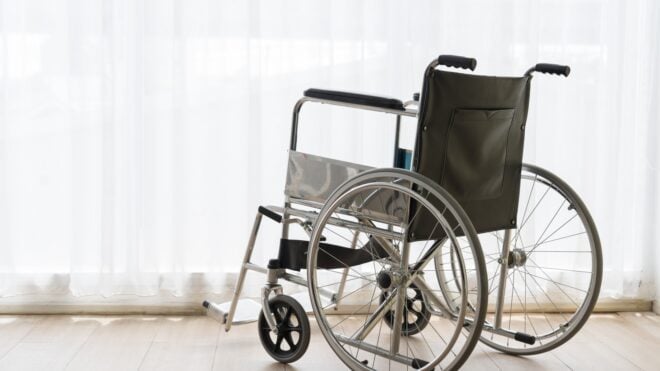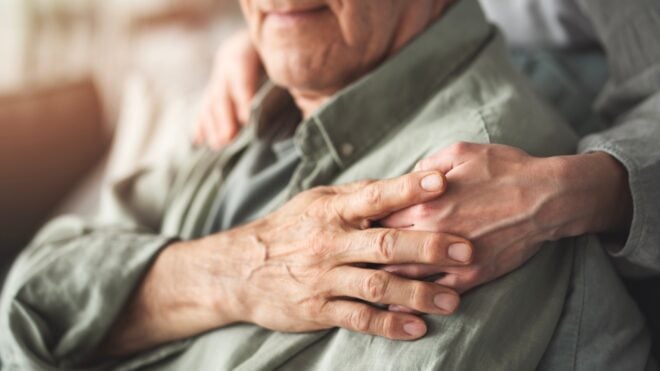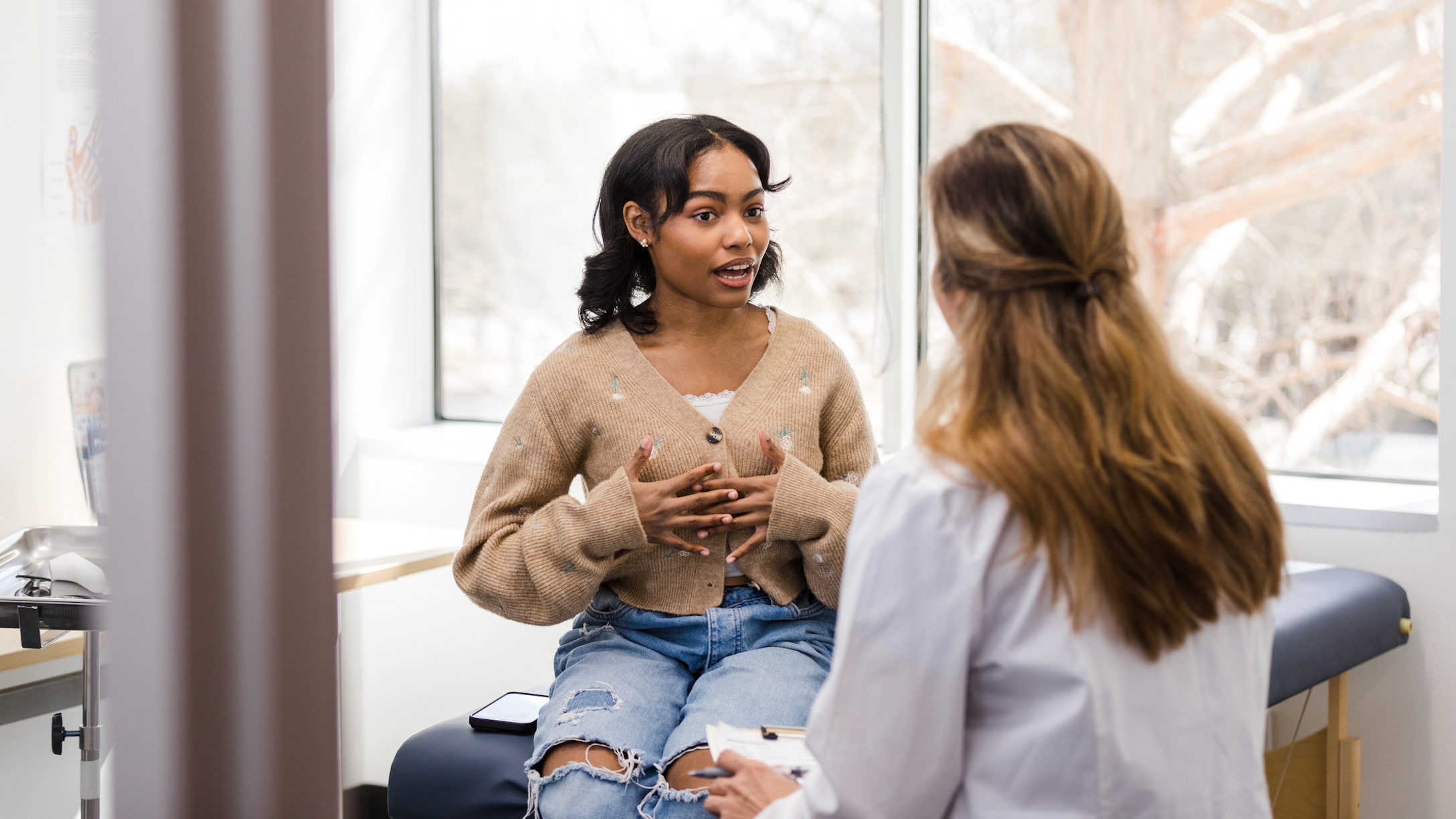
As college students head back to campus or maybe off to campus for the first time, it's important that we help give them a refresher on sexual health. For most, college is the first time our teens are on their own, and while they're mature on some levels, they're still growing and learning. They may not have all the answers or all the tools. But we can help encourage safe sex practices by speaking about these subjects with them.
Here are 15 things college kids need to know to keep themselves healthy and safe.
More from LittleThings: Some Say Cases Of Head Lice Are Increasing — And Selfies Could Be Playing A Role
Yes Means Yes

According to RAINN, an anti-sexual assault organization, "enthusiastic consent means looking for the presence of a 'yes' rather than the absence of a 'no.'" Planned Parenthood also implements the FRIES model for consent, meaning it's been freely given and is reversible, informed, enthusiastic, and specific.
Consent Can Be Revoked
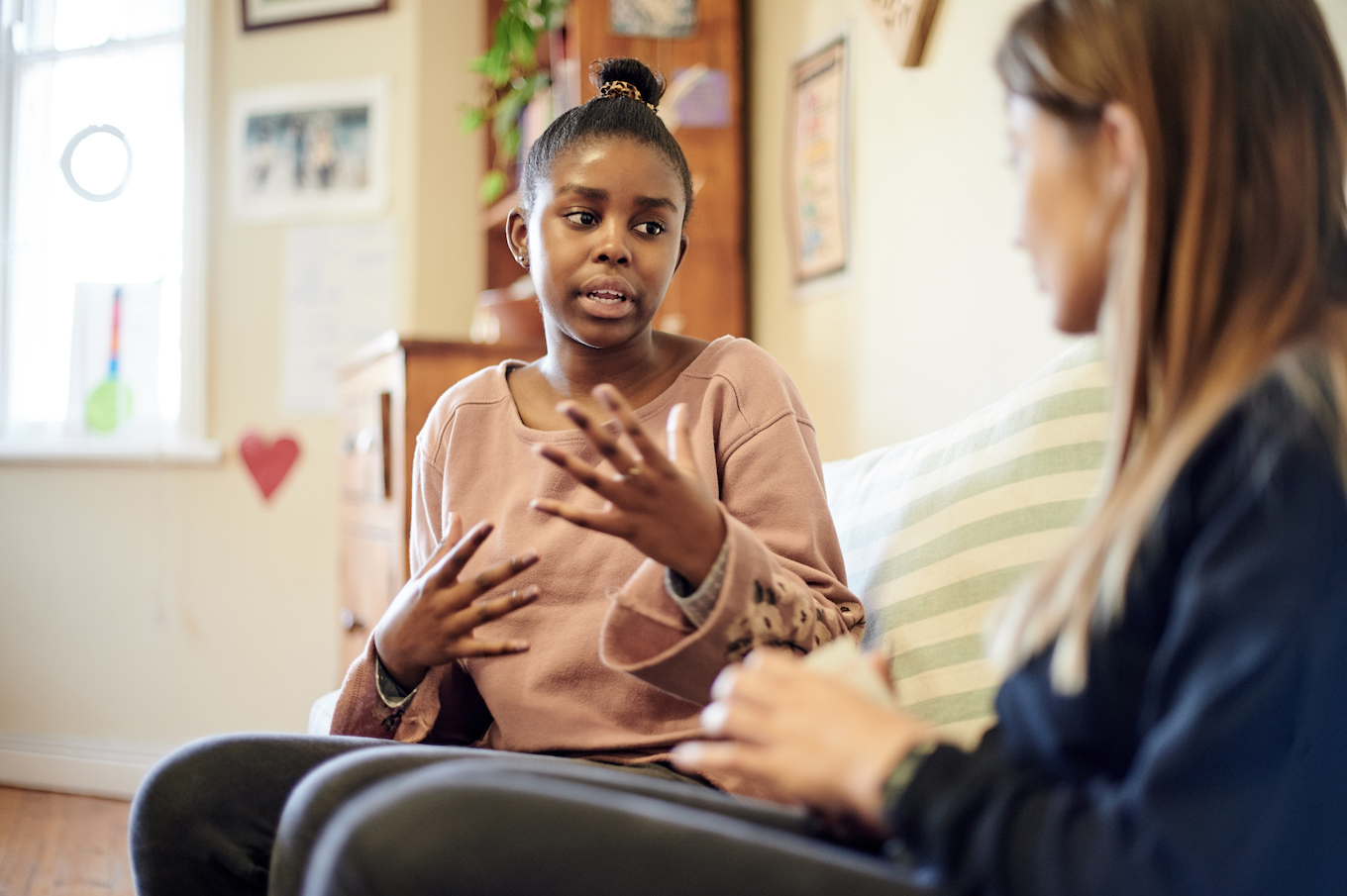
That "yes" is not a blanket sentiment. Just because a person agrees to something like oral sex doesn't mean they've agreed to penetrative sex as well. Or just because they said yes in the past doesn't make it a yes for any future situation. Per RAINN, "you can withdraw consent at any point if you feel uncomfortable." True consent is "an ongoing process of discussing boundaries and what you’re comfortable with," says RAINN.
Alcohol Complicates Consent

According to the Alcohol and Drug Foundation, "Consent can't be 'freely given' if you're too intoxicated," and even small amounts of alcohol can reduce a person's inhibitions. Because alcohol can make consent messy, it's best to avoid getting involved in sexual situations while drinking.
More from LittleThings: 17 Things Every College Freshman Needs To Know Before Heading Off To Campus
Get Free Condoms
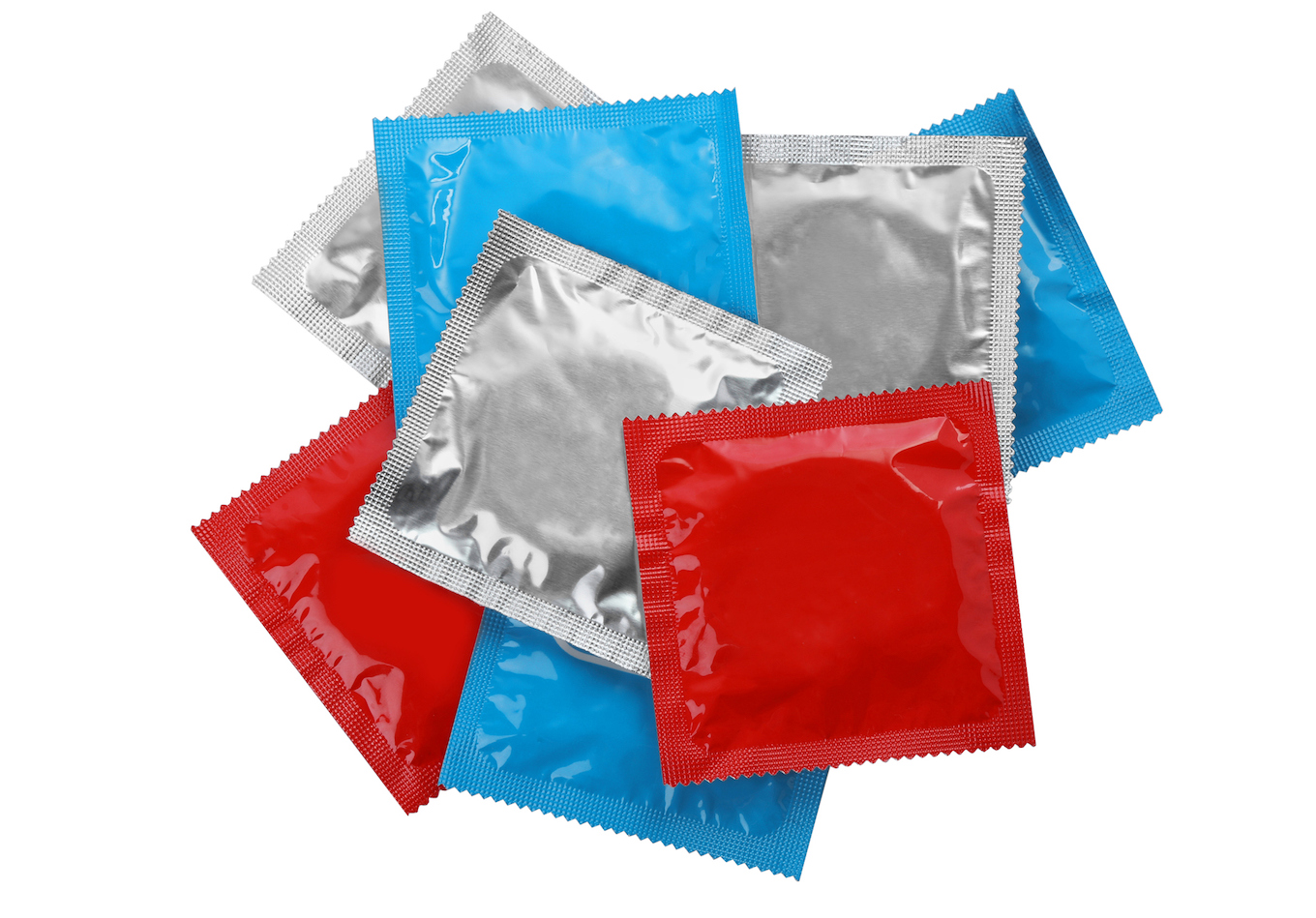
Condoms can help protect against pregnancy and many STDs, so they're imperative to use when it comes to having safe sex. Many colleges will give out free condoms to students at campus spots like resident centers or health offices. GoodRx also has a list of places in every state that provide free condoms.
Safety Extends Beyond Condoms

Condoms help for penetrative sex, but practicing safe oral sex is also important. People can use dental dams, which are sheets of latex or polyurethane, that protect against direct contact from someone's mouth. Dental dams can sometimes be harder to find than condoms, so the Centers for Disease Control and Prevention has a guide on turning a condom into a dental dam for people who are in a pinch.
Careful of Cold Sores
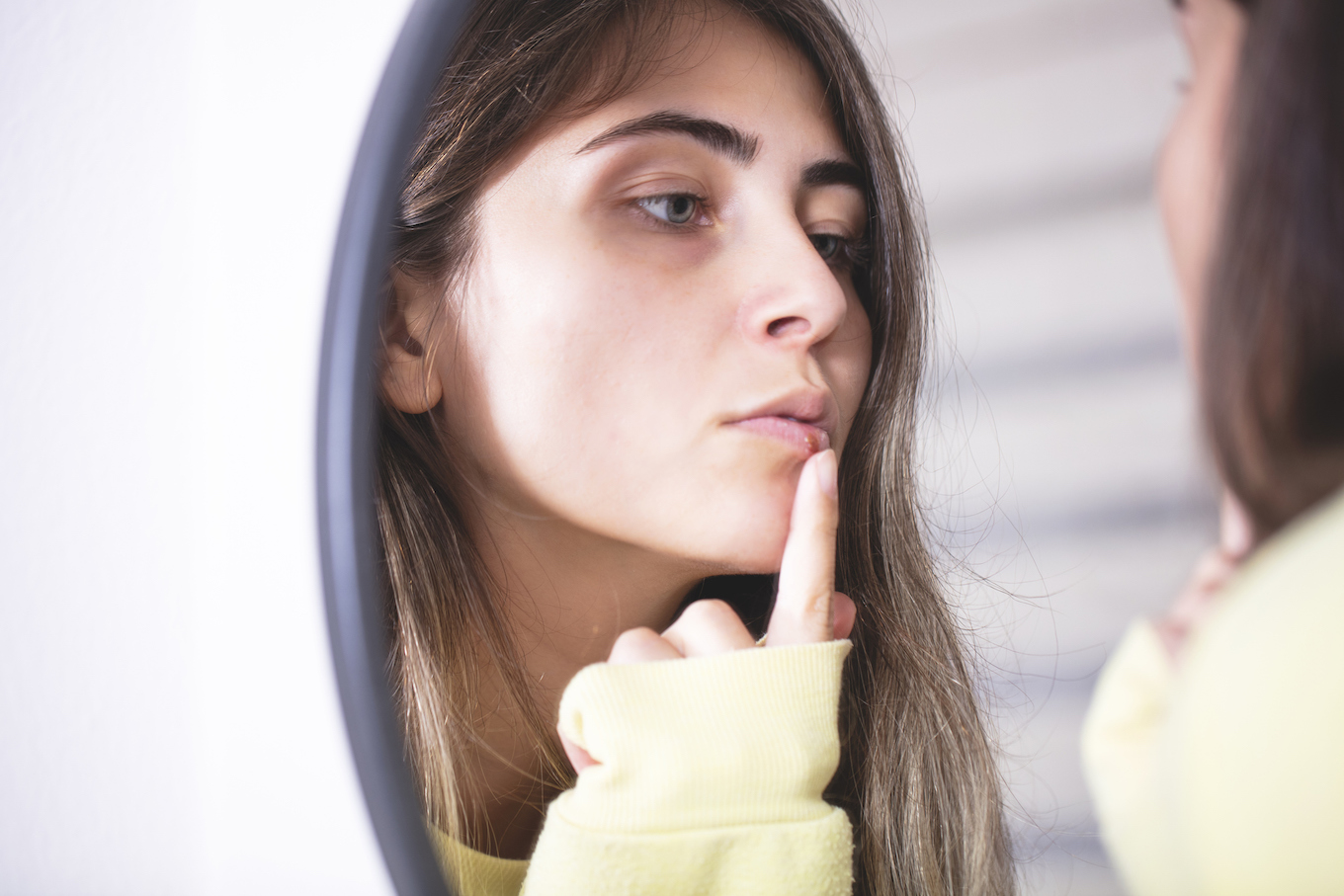
Cold sores are technically a type of herpes and they can be spread via oral sex and lead to genital herpes, notes Planned Parenthood. So be cautious if a partner is having an outbreak and potentially refrain from activity until it clears up.
It's worth noting that even without an active outbreak of blisters, there is a small risk that a person with the herpes virus (either type) can still transmit the virus, according to the Mayo Clinic.
So the best thing for a person to do is disclose their herpes status to their partner so everybody can make informed decisions about potential sexual activity.
STD Testing Isn't Foolproof
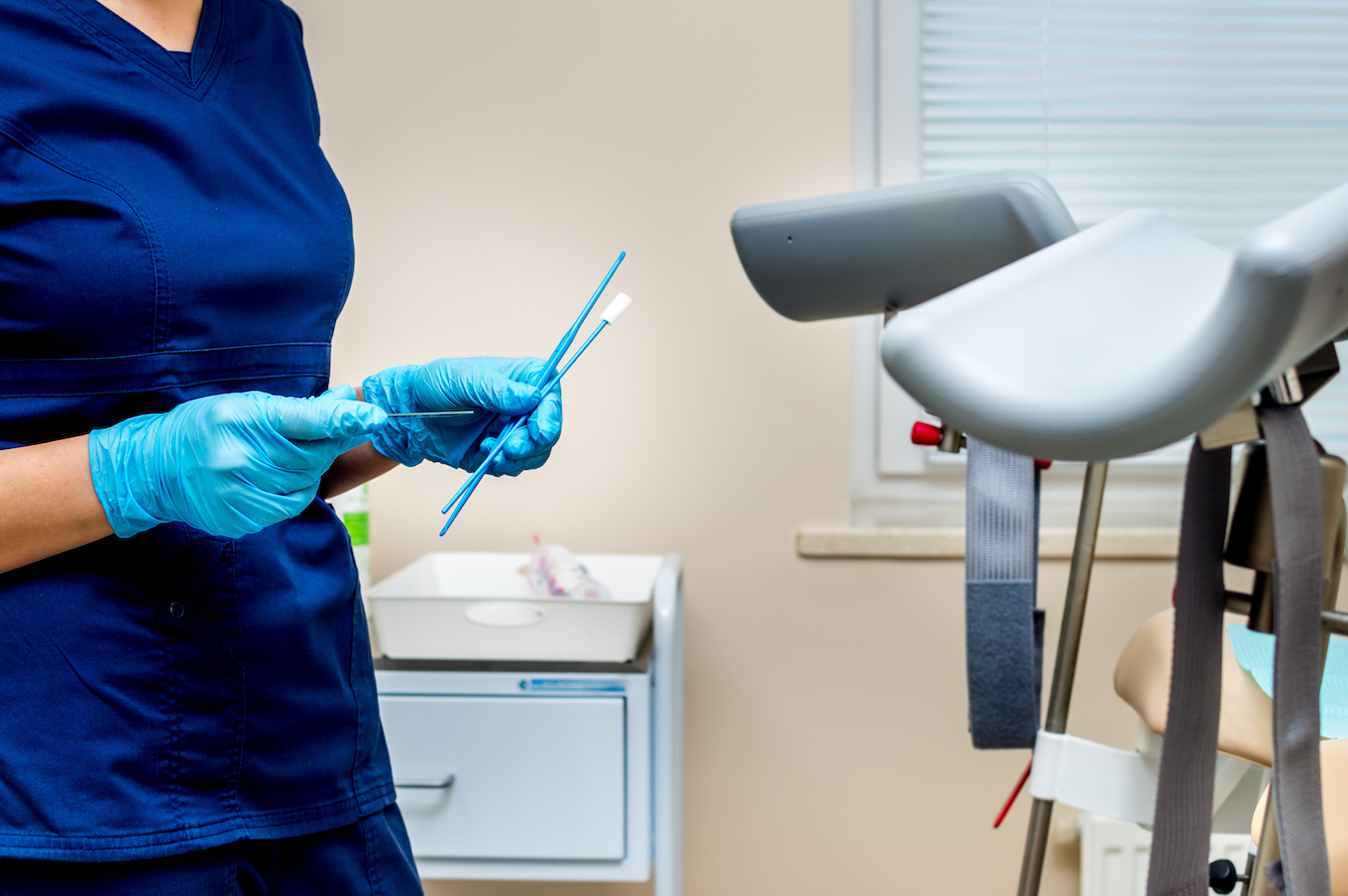
A lot of people rely on their partner's STD testing status to determine if it's safe to engage in sex. But STD panels do not routinely check for every potential STD. According to Planned Parenthood, herpes and HPV are not included in most routine tests.
College students need to understand that risk and continue to practice safe sex with items like condoms to best protect themselves. There's also an HPV vaccine that many people get as pre-teens to help further protect against that.
But Frequent Testing Is Important
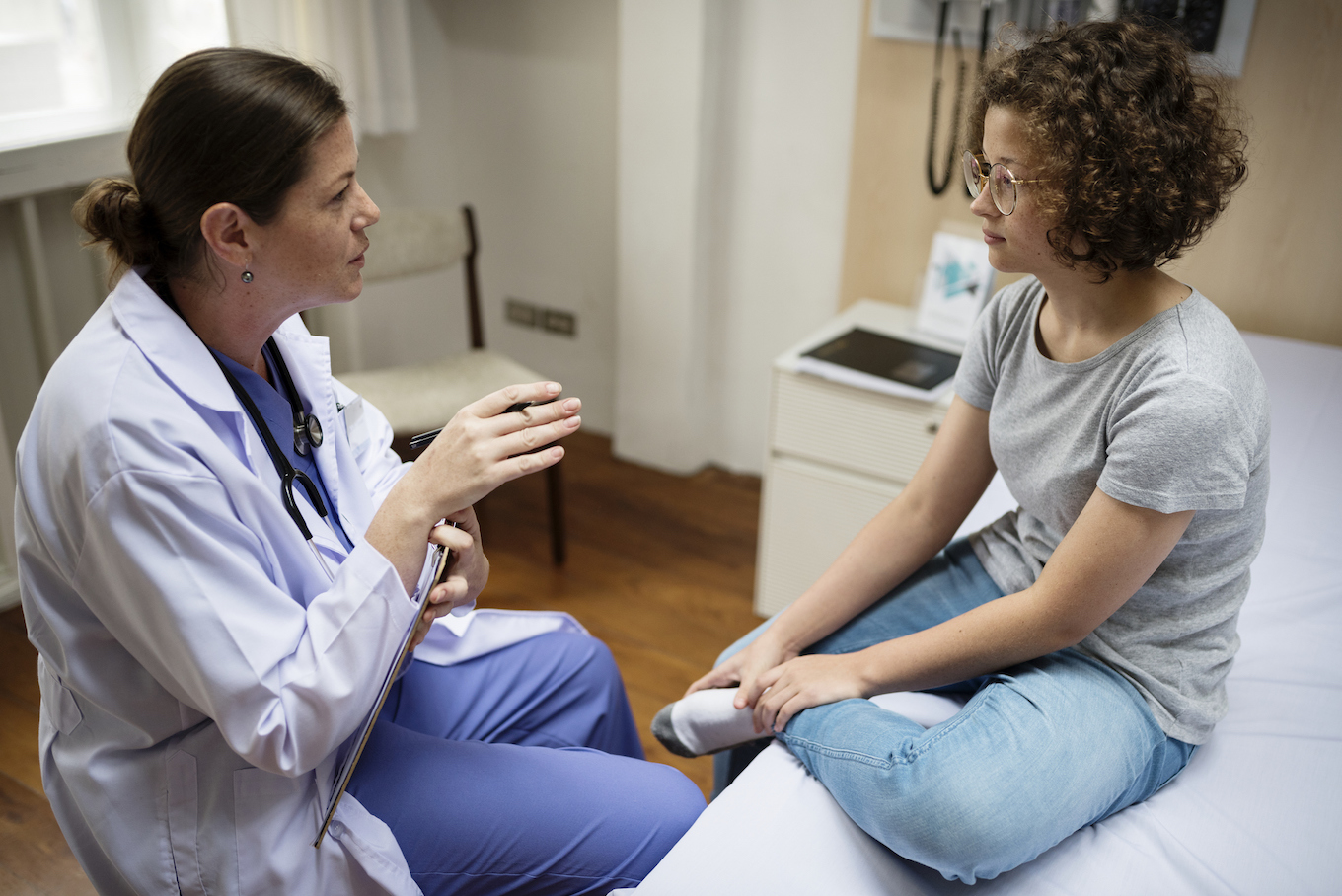
Even though STD testing doesn't necessarily cover every possible STD out there, it's still an important part of staying sexually healthy. Per the CDC, sexually active people should be tested for HIV at least once a year and women should also be tested for gonorrhea and chlamydia once a year.
The CDC also recommends that sexually active gay and bisexual men get tested for syphilis, chlamydia, gonorrhea, and HIV once a year. For those with multiple partners or partners they don't know well, testing can be as frequent as every three to six months.
Most people can ask for an STD test during their annual physical appointment, but many local clinics or Planned Parenthood locations also offer testing to those who need it outside their planned physicals.
Birth Control Methods
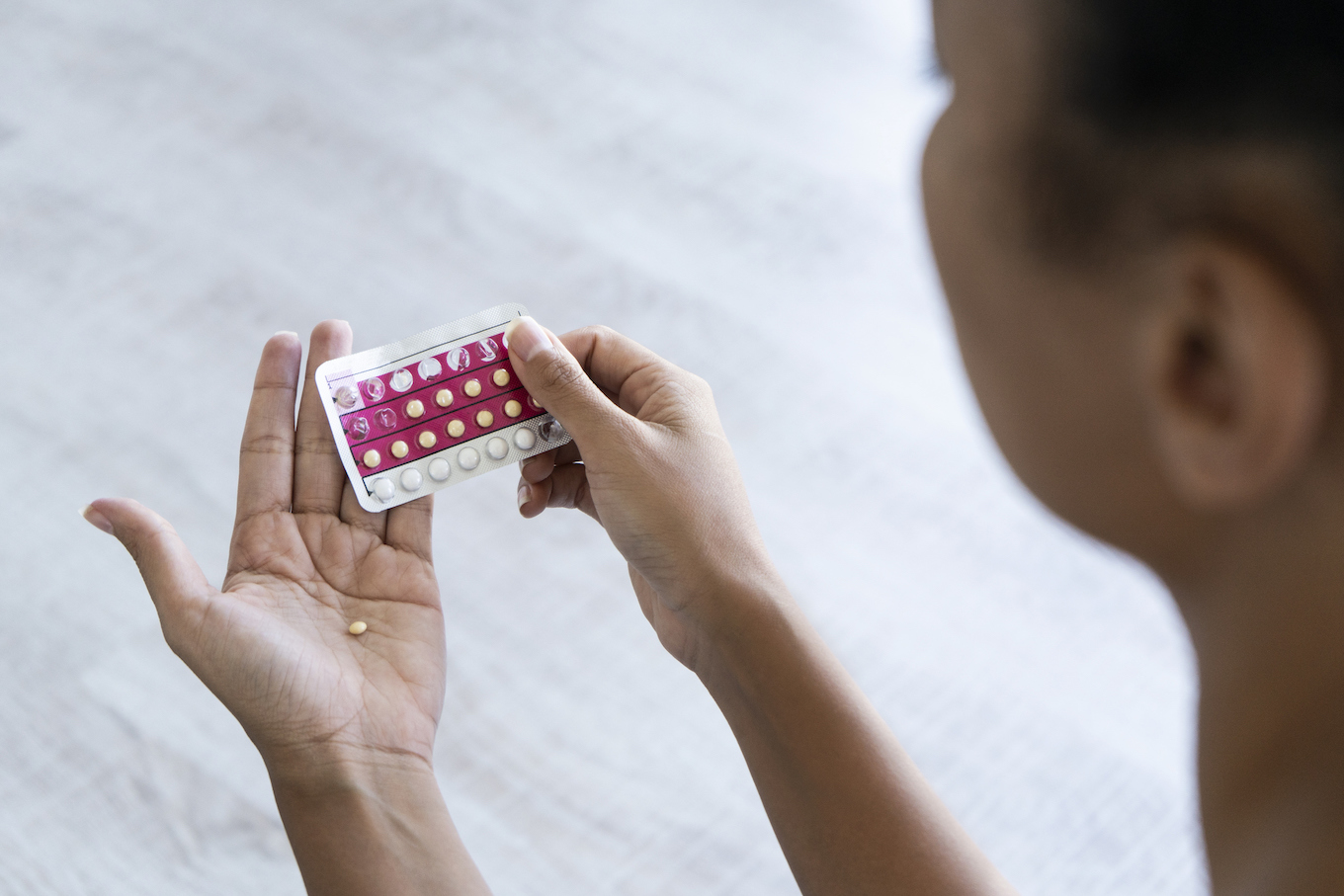
The Affordable Care Act required most forms of birth control to be covered by insurance — including the pill and IUDs. For those who aren't already on a method of birth control prior to going to school, local Planned Parenthood health centers can help prescribe a method that will work best for the individual person.
Emergency Contraception
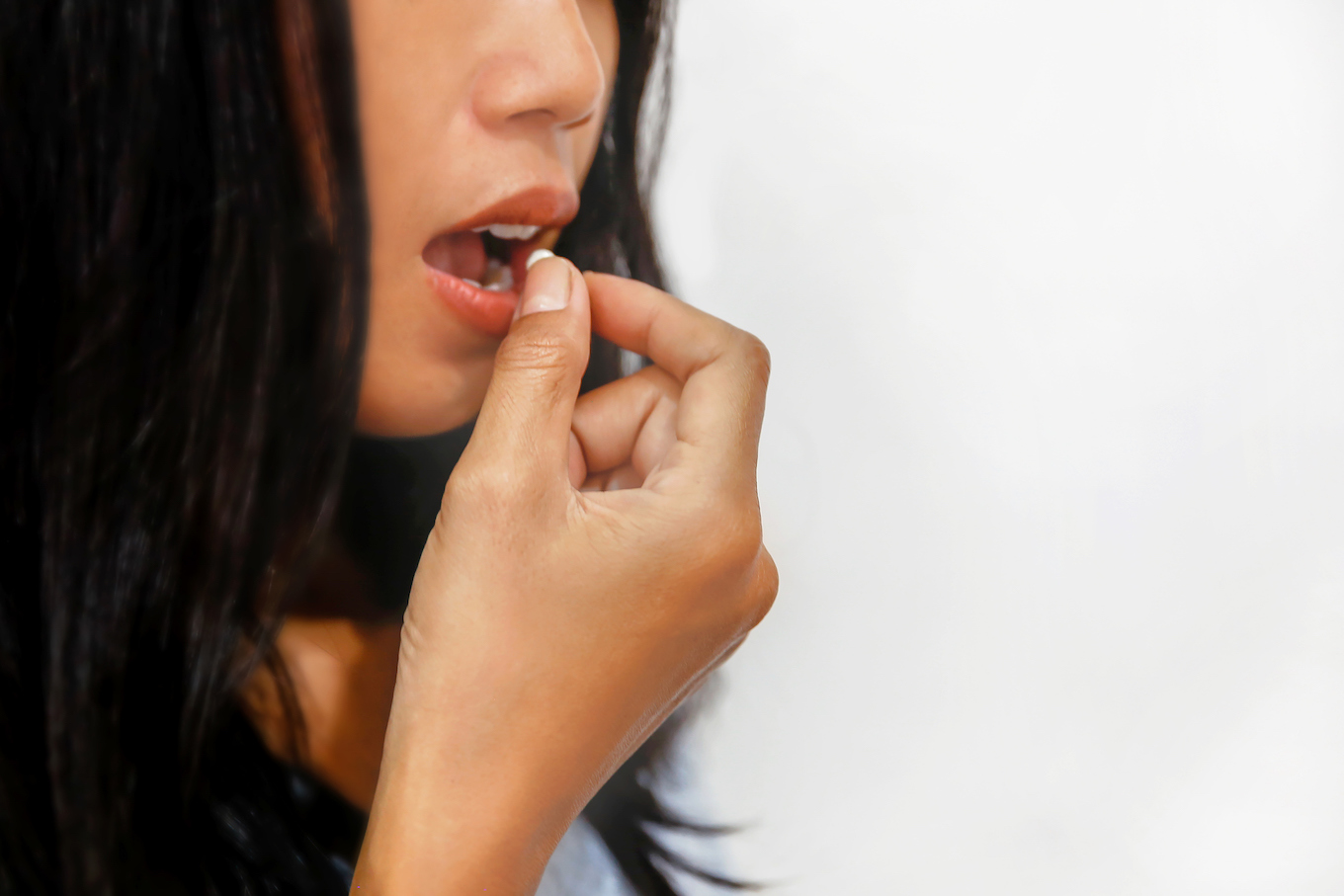
Sometimes condoms break or couples forget to use condoms and there may be concern about pregnancy risk. Emergency contraception pills can be taken up to five days after unprotected sex to help avoid pregnancy.
Plan B is available over the counter, according to Planned Parenthood but may not work for people over 165 pounds or when taken more than three days after the unprotected sex.
Other options like Ella require a prescription but can be more effective, especially for people over that weight threshold. Students should contact their doctor or Planned Parenthood if they need them to write a prescription.
Safe Sex Toys

People who use sex toys should make sure to clean them after every use. And when using a toy like a butt plug, it needs to have a flared base or it can easily travel up into the colon, according to Web MD. The New York Post reported that around "4,000 people are hospitalized with foreign objects in their rectum each year."
That's one statistic no college student wants to be part of, so practice safe toy use.
Be Alert

Unfortunately, sexual assault on college campuses remains a pervasive problem. According to the American Psychological Association, campus sexual assault makes up 43% of on-campus crimes. Things like what a survivor was wearing and whether they were drinking are never excuses for a crime being committed against them.
But it is important that students stay as vigilant as they can. Go out in groups at night and always check that the license plate of a ride share vehicle matches the one in the app. But no matter how careful someone is, sometimes things happen, and it's not their fault. At the end of the day, the responsibility for the crime should always be put on the perpetrator.
Get Support

For students who find themselves needing support, information, or advice related to a sexual assault incident, the National Sexual Assault Hotline provides confidential 24/7 support via phone or text. Call 800-656-HOPE (4673) or chat online at RAINN.
Health Care Access
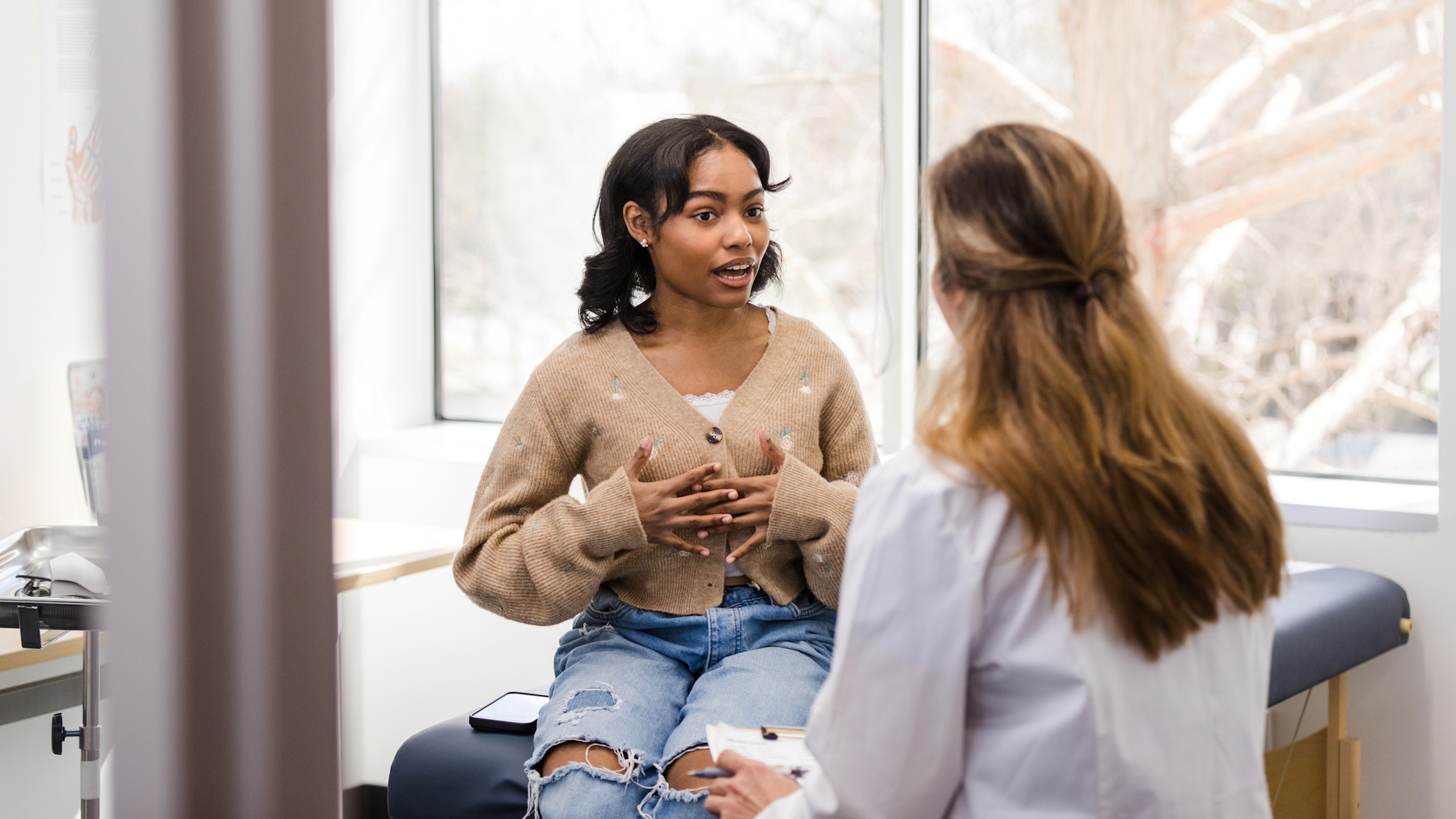
For students who go to different cities or states for college, they may need help finding health care services in their new area. Many college campuses have on-site health services for students to use and local Planned Parenthood locations can provide sexual health care as well.
Don't Feel Pressured

College and sex are closely linked concepts, but students should never feel like they should have sex just because they assume everybody else is doing it. A 2018 study found that students may even be having less sex than in the past. According to The Johns Hopkins News-Letter, in 2018, 66% of college students reported having sex in the past 12 months compared to 72% in 2000.
If a student doesn't want to have sex, they needn't feel pressured by stereotypes or ideals. They can choose what's right for them, and their peers should respect whatever that choice is.

